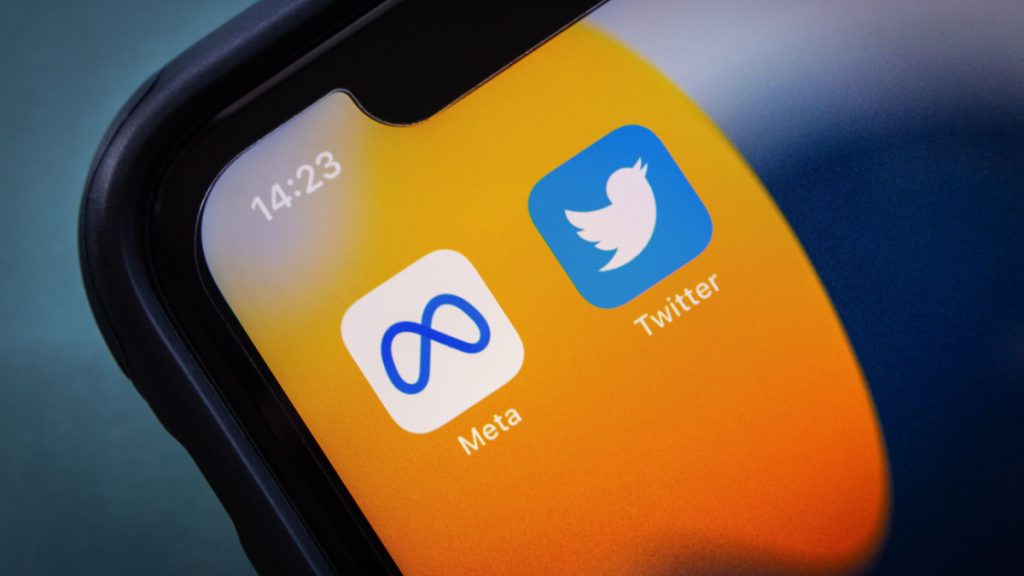
During a companywide meeting held on Thursday, 8th June, Chris Cox, a high-ranking executive at Meta unveiled a new decentralized social network. This move has intensifyed the rivalry between Meta and Twitter.
During a companywide meeting on Thursday, 8th June, Chris Cox, a top executive at Meta, formerly known as Facebook, gave the employees a glimpse of their new application designed to compete with the micro-blogging platform, Twitter. Currently code-named “Project 92,” the app does not have a set release date yet.
The company first confirmed Project 92 back in March. At the time, they were exploring a standalone decentralized social network for sharing text updates. Prior to that, however, there were rumors of Twitter’s rivals. The speculation centered around what the application would offer and allow its users to do and speak.
The new decentralized social network will reportedly use Instagram’s account system to automatically transfer a user’s information. If a user is already on Instagram, they can use those credentials to swiftly sign up and sync the two platforms. The developers will integrate it with ActivityPub, a decentralized social media protocol, that connects users’ social media platforms and accounts into one system. And considering the decentralized nature of the app, users can set up their own servers and apply their own content moderation rules.
“We’ve been hearing from creators and public figures who are interested in having a platform that is sanely run, that they believe that they can trust and rely upon for distribution,” Cox said, in reference to Elon Musk’s policies on Twitter. He goes on to say that the intent behind the new Instagram-based decentralized social network was an app that offered “safety, ease of use, reliability” and made sure that creators have a “stable place to build and grow their audiences.”
Ever since Elon Musk took over Twitter, people have had issues with how he ran things. The complaints ranged from the blue check dilemma to the lack of appropriate moderation and censorship. As a result, hate speech has increased at a worrying pace.
Instagram and Facebook are also notorious for questionable content moderation. Earlier this week, Wall Street Journal went into the underbelly of Instagram. They revealed a very worrying network of pedophiles operating on the platform. There’s also the matter of COVID-19 misinformation spreading like wildfire at the beginning of the pandemic. At the time, Facebook failed to contain the spread and correct the discourse.
Inside Telecom provides you with an extensive list of content covering all aspects of the tech industry. Keep an eye on our Tech sections to stay informed and up-to-date with our daily articles.